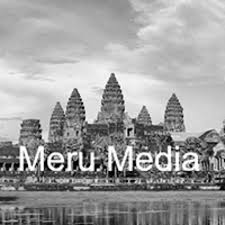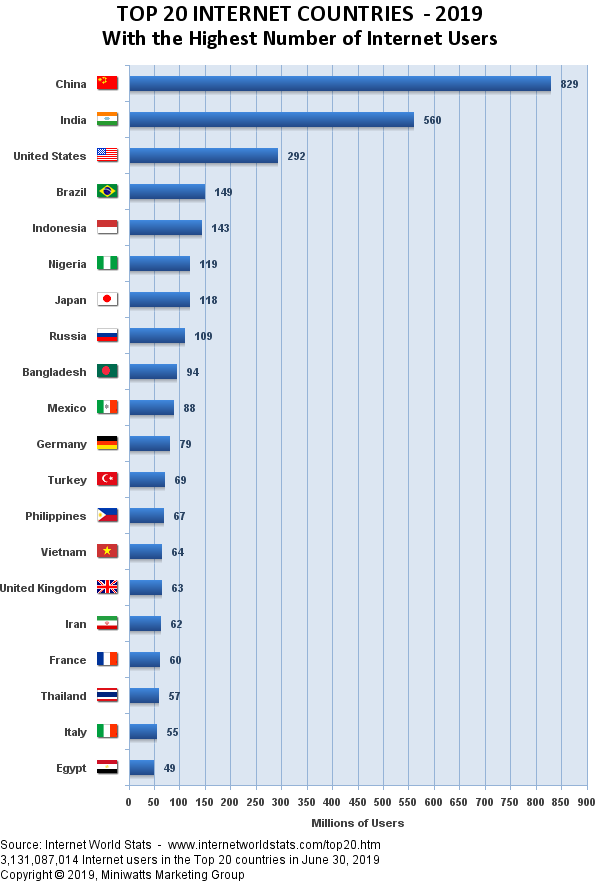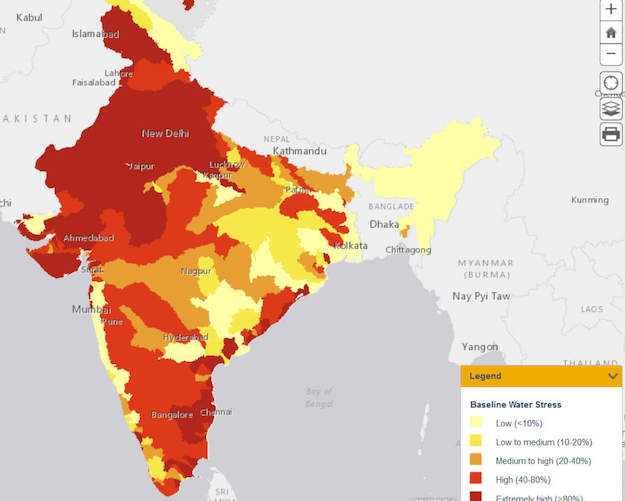There is endless controversy in Pakistan about the way Gen Akhtar Malik, who led the opening phase of Pakistan’s invasion of Kashmir in 1965 (operation Grand Slam) was removed from command the day after the attack started. The Pakistan army had decisive superiority in tanks and artillery and on the first day captured Chamb and were threatening to break through towards Akhnur, but on the 2nd day of operations there was an abrupt change in command as Gen Malik was replaced by Gen Yahya Khan. This led to some delay and gave the Indians the chance to reinforce their defenses. Many in Pakistan blame this command change for the failure of Grand Slam. You can read more about the operation
in another post. The controversy will no doubt continue. Here is a letter from Gen Malik to his brother, written 2 years after the war, which gives his version of events (I received this via Major Amin).
Gen Akhter Hussain Malik’s Letter to His Brother Gen Abdul Ali Malik
My Dear brother,
I hope you and the family are very well. Thank you for your letter of 14 Oct. 67. The answers to your questions are as follows:
a. The de facto command changed the very first day of the ops [operations] after the fall of Chamb when Azmat Hayat broke off wireless communications with me. I personally tried to find his HQ [headquarters] by chopper and failed. In late afternoon I sent Gulzar and Vahid, my MP [military police] officers, to try and locate him, but they too failed. The next day I tore into him and he sheepishly and nervously informed me that he was ‘Yahya’s brigadier’. I had no doubt left that Yahya had reached him the previous day and instructed him not to take further orders from me, while the formal change in command had yet to take place. This was a betrayal of many dimensions.
b. I reasoned and then pleaded with Yahya that if it was credit he was looking for, he should take the overall command but let me go up to Akhnur as his subordinate, but he refused. He went a step further and even changed the plan. He kept banging his head against Troti, letting the Indian fall back to Akhnur. We lost the initiative on the very first day of the war and never recovered it. Eventually it was the desperate stand at Chawinda that prevented the Indians from cutting through.
c. At no time was I assigned any reason for being removed from command by Ayub, Musa or Yahya. They were all sheepish at best. I think the reasons will be given when I am no more.
d. Not informing pro-Pak Kashmiri elements before launching Gibraltar was a command decision and it was mine. The aim of the op was to de freeze the Kashmir issue, raise it from its moribund state, and bring it to the notice of the world. To achieve this aim the first phase of the op was vital, that is, to effect undetected infiltration of thousands across the CFL [cease-fire line]. I was not willing to compromise this in any event. And the whole op could be made stillborn by just one double agent.
e. Haji Pir [Pass] did not cause me much anxiety. Because [the] impending Grand Slam Indian concentration in Haji Pir could only help us after Akhnur, and they would have to pull out troops from there to counter the new threats and surrender their gains, and maybe more, in the process. Actually it was only after the fall of Akhnur that we would have encashed the full value of Gibraltar, but that was not to be!
f. Bhutto kept insisting that his sources had assured him that India would not attack if we did not violate the international border. I however was certain that Gibraltar would lead to war and told GHQ so. I needed no op intelligence to come to this conclusion. It was simple common sense. If I got you by the throat, it would be silly for me to expect that you will kiss me for it. Because I was certain that war would follow, my first choice as objective for Grand Slam was Jammu. From there we could have exploited our success either toward Samba or Kashmir proper as the situation demanded. In any case whether it was Jammu or Akhnur, if we had taken the objective, I do not see how the Indians could have attacked Sialkot before clearing out either of these towns.
g. I have given serious consideration to writing a book, but given up the idea. The book would be the truth. And truth and the popular reaction to it would be good for my ego. But in the long run it would be an unpatriotic act. It will destroy the morale of the army, lower its prestige among the people, be banned in Pakistan, and become a textbook for the Indians. I have little doubt that the Indians will never forgive us the slight of 65 and will avenge it at the first opportunity. I am certain they will hit us in E. Pak [East Pakistan] and we will need all we have to save the situation. The first day of Grand Slam will be fateful in many ways. The worst has still to come and we have to prepare for it. The book is therefore out.
I hope this gives you the gist of what you needed to know. And yes, Ayub was fully involved in the enterprise. As a matter of fact it was his idea. And it was he who ordered me to by-pass Musa while Gibraltar etc. was being planned. I was dealing more with him and Sher Bahadur than with the C-in-C. It is tragic that despite having a good military mind, the FM’s [Foreign Minister Z.A. Bhutto’s] heart was prone to give way. The biggest tragedy is that in this instance it gave way before the eruption of a crisis. Or were they already celebrating a final victory!!
In case you need a more exact description of events, I will need war diaries and maps, which you could send me through the diplomatic bag.
Please remember me to all the family.
Yours,
Akhtar Hussain Malik



 One of the things that I
One of the things that I  At the extreme, this is obviously what would happen. But most cases are not at the extreme. The reality is I know more about history and geography than the vast majority of people, and I just don’t feel comfortable offering definitive judgment on many issues.
At the extreme, this is obviously what would happen. But most cases are not at the extreme. The reality is I know more about history and geography than the vast majority of people, and I just don’t feel comfortable offering definitive judgment on many issues.